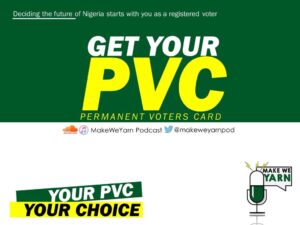On June 12 1993, Nigeria held its first presidential elections since the 1983 military coup. It was an event many observers have described as the most significant in Nigeria’s post-independence political history as it was the freest, fairest & most peaceful election ever held in the country.
What happened next?
This supposed victory was short-lived when the official results were never released. Unofficial results however gathered that the presidential candidate from the Social Democratioc Party (SDP), Moshood Kashimawo Olawale (MKO) Abiola received broad national support.

The fallout
The election was annulled by the then military head of state General Ibrahim Badamasi Babangida (IBB) on grounds that it was necessary to save the nation. This decision subsequently led to protests and civil violence in the south- western region of the country where the military is said to have killed at least 100 civilians.
Timeline of what happened after that:
- Ex military rulers like former president Olusegun Obasanjo and even the current president Muhamadu Buhari called for IBB to be removed from office.
- August 27, 1993- IBB resigns.
- June 11 1994- MKO self- declared himself as the President and Commander – in- Chief.
- June 23, 1994- MKO arrested for treason.
- July 7, 1998- MKO dies in detention.
Why is this relevant now?
June 12 is very notable because it brought out the best in Nigerians as people came together to fight the end of the oppressive military regime in Nigeria. This draws a very close resemblance to the #ENDSARS protests where Nigerian youth and allies hit the streets demanding an end to bad governance in Nigeria. President Buhari’s response to these protests is even more ironic considering his stance against IBB’s governance in the 90’s and his decision to declare June 12 as democracy day.

Going forward?
Ahead of the 2013 elections, Nigerian youth across the country and abroad are pushing for electoral reforms and a truly democratic leadership that will not only listen to and empathize with the citizens, but also bring viable solutions to the issues plaguing Nigeria.
We encourage all eligible Nigerians to get their Permanent Voter Card (PVC) to have a say in the upcoming elections. PVC registration resumes on June 28, 2021. Follow voteredung to learn more about the upcoming elections.
Additional Reading:
https://www.bbc.com/pidgin/tori-57438699
https://en.wikipedia.org/wiki/1993_Nigerian_presidential_election
https://theconversation.com/june-12-is-now-democracy-day-in-nigeria-why-it-matters-118572
